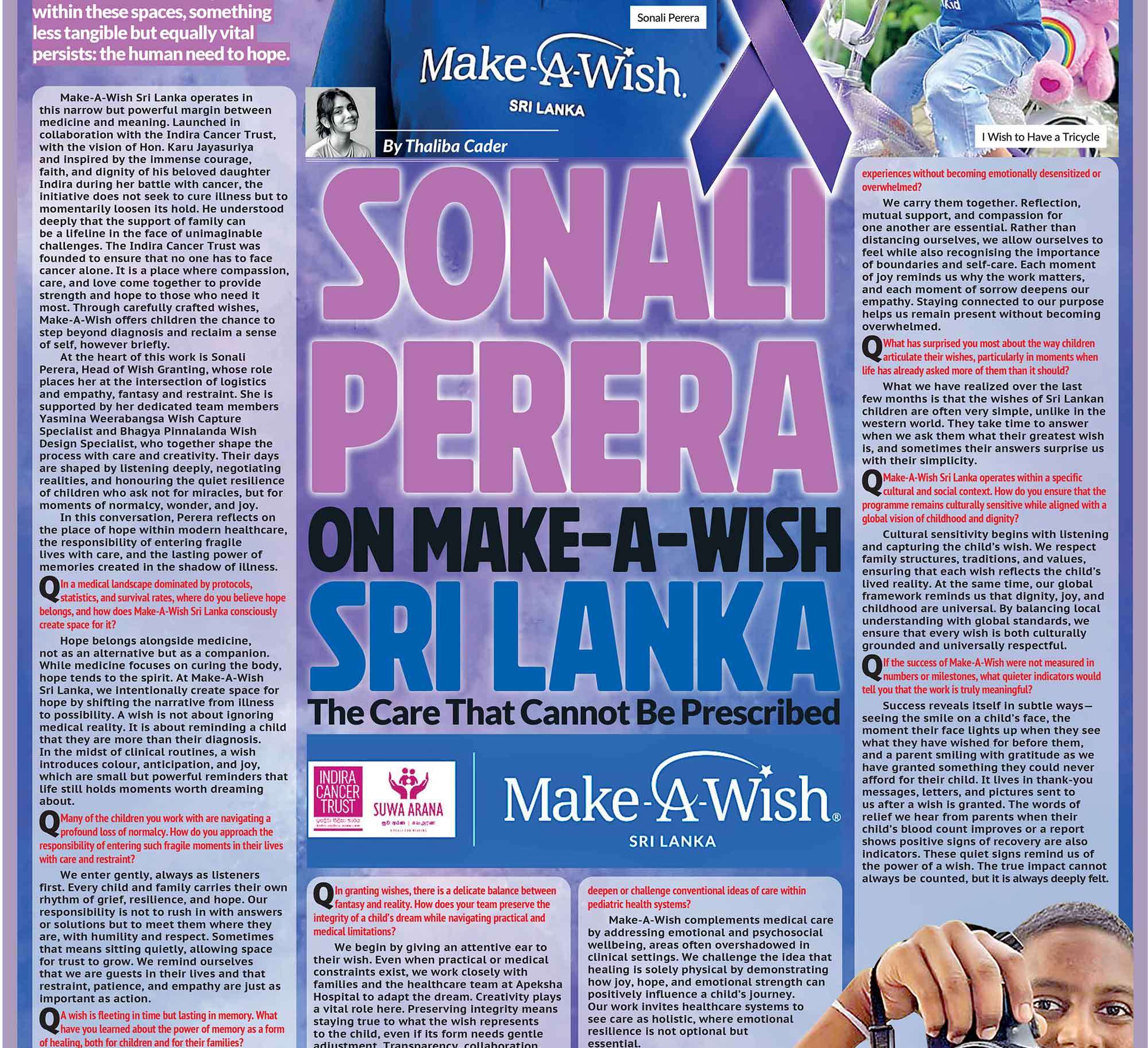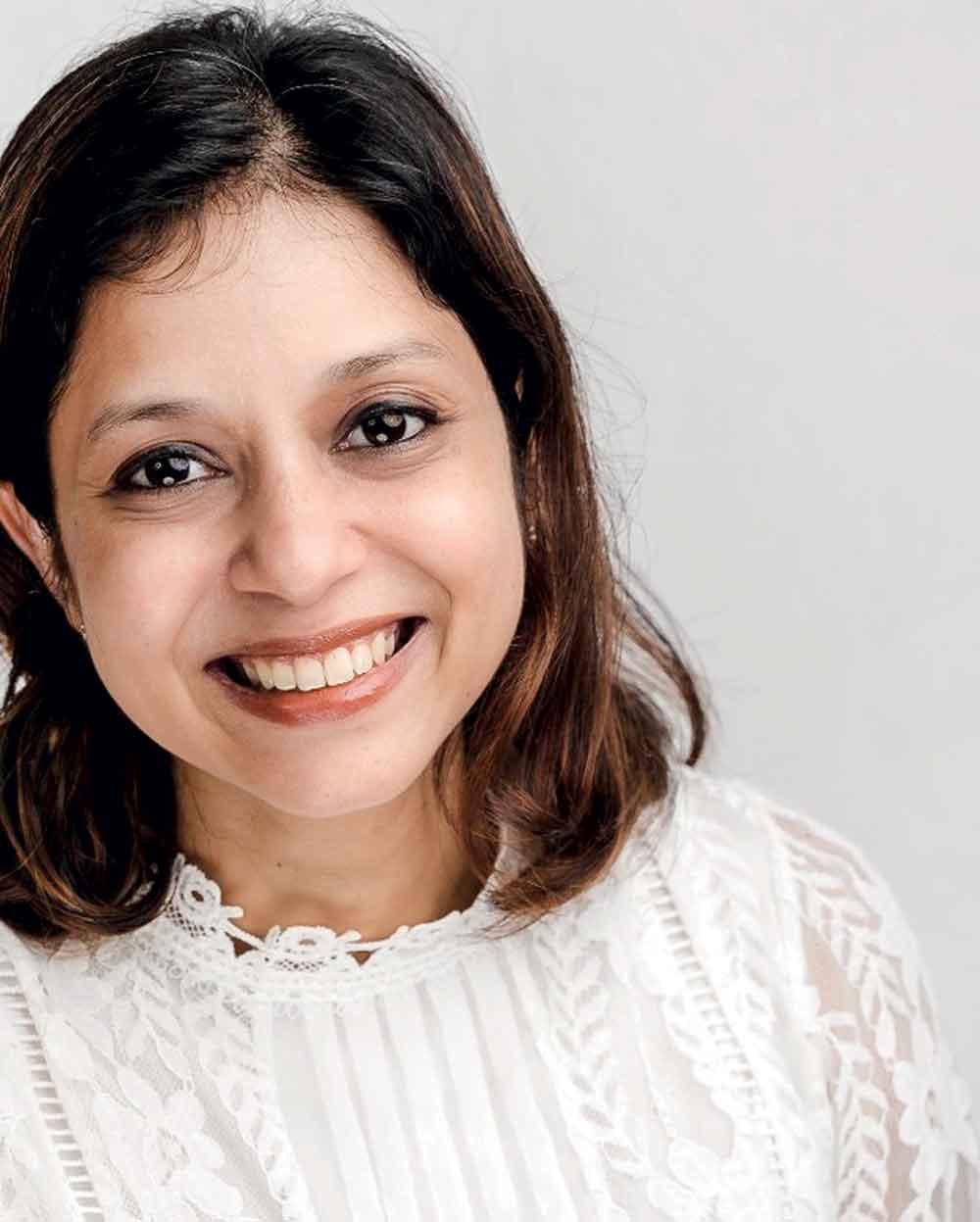
Dilsha Ruwanpathirana is the Co-Founder of Brands in Style, a company dedicated to making a mark in the kids’ lifestyle space, with a special focus on toys. Her journey from pharmaceuticals and FMCG to the toy industry began with her work as the Head of Strategic Business Unit to the distributor for global giants like LEGO, where she discovered her true passion for the creativity and impact of toys.
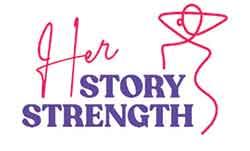
This experience ignited her entrepreneurial spirit, leading her to establish Brands in Style and, under its umbrella, the Tinker Tale brand, which champions local manufacturing and empowers women artisans. Driven by the belief that toys can do more than entertain, Dilsha’s vision for Brands in Style is to create products that inspire creativity, learning, and meaningful connection.
With a commitment to blending global insights with local craftsmanship, she is determined to build a brand that resonates with families and communities in Sri Lanka and beyond. In this conversation, Dilsha opens up about the lessons she’s learned, the challenges she’s overcome, and the dreams she is passionately working toward.
Q You’ve had quite a diverse career journey, from pharmaceuticals to FMCG to launching your own kids’ lifestyle brand. What inspired your transition into entrepreneurship?
I have always been fascinated by brands, how something as simple as a logo, a shape, or a colour can instantly make you feel something. Even during my time in pharma and FMCG, I was naturally drawn to the branding and storytelling side of things. But it was during my time working for the distributor of LEGO in Sri Lanka that everything truly clicked. That experience opened up a whole new world for me. I fell completely in love with the joy this industry brings. Starting my own brand felt like the perfect way to combine creativity, purpose, and everything I had learned along the way. It wasn’t always easy, especially since I’m naturally introverted, but I learned to turn that into a strength, listening deeply, observing quietly, and building genuine connections. Looking back, stepping into entrepreneurship through the toy world has been one of the most fulfilling decisions I’ve made.
Q You’re now at the forefront of developing a local kids’ brand, Tinker Tale, while distributing global brands like Zuru. How do you manage that balance between local roots and global partnerships?
It’s definitely a balancing act, but one that keeps things exciting. With Tinker Tale, we’re deeply rooted in our local culture, working with artisans, focusing on handmade products, and creating something that reflects our values. Distributing global brands like Zuru, on the other hand, allows us to bring world-class innovation and quality to the local market. I really see them as complementing each other. Global brands set a high benchmark, while Tinker Tale gives us the space to tell our own story. That combination keeps us both grounded and inspired.
Q You’ve attended several international distributor conferences. How has this global exposure helped you shape your strategy for the Sri Lankan market?
Attending those conferences has been a complete game-changer for me. It gave me the chance to meet so many inspiring people from around the world and to build valuable connections. Just walking through toy stores in different countries taught me so much about trends, consumer behaviour, and retail strategies. It made me realize where Sri Lanka stands and how we can raise our standards without losing our identity. That global exposure influences everything we do now, from how we design products to how we think about customer experience at home.
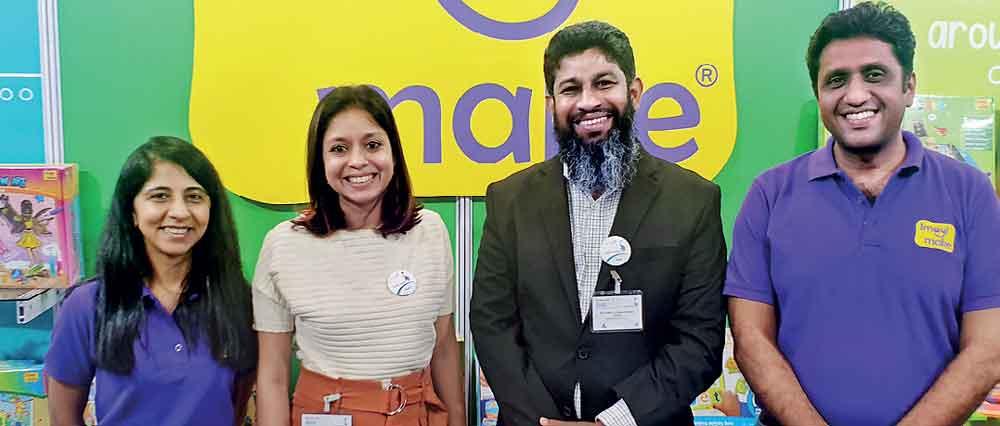
Q As a woman entrepreneur in Sri Lanka, how would you describe your access to markets, both local and international? Have you faced specific challenges due to gender?
It’s been a journey of pushing through and finding my ground. In the early days, people often assumed my male business partner was the sole owner, and honestly, it happened more times than I can count. Thankfully, he always introduced me as an equal partner, which helped me step forward more confidently. Locally, things are improving, especially in urban areas, but there’s still a long way to go. Internationally, gender hasn’t been a barrier as much, but price sensitivity, certifications, and getting in front of the right buyers have been bigger challenges. My earlier experience working with global brands helped me navigate all of that a lot better.
Q In your opinion, how does being an entrepreneur differ from being employed, especially in terms of mindset and opportunity?
It’s very different. When I was employed, I had structure, mentorship, and space to learn. My last role, leading the strategic business unit, gave me the freedom to manage profits and strategies independently, which really built my confidence. But as an entrepreneur, everything rests on you. You’re constantly juggling, making decisions, and dealing with the consequences. Opportunities feel bigger, but so do the risks. It’s both exhilarating and terrifying at times! The sense of ownership, though, the fact that you’re building something from scratch, that feeling is truly incomparable.
Q Do you think gender plays a significant role in how entrepreneurs access funding, networks, and markets in Sri Lanka? How can this be addressed?
Yes, gender does play a role. Sometimes the bias isn’t direct, but you can definitely feel it in the way conversations shift depending on who’s speaking. Women often have to prove themselves more, especially when pitching something non-traditional like toys. Things are slowly getting better in cities, but in rural areas, the gap is very real. We need more than token schemes, we need real mentorship programs, genuine access to funding, and financial institutions that believe in backing women entrepreneurs, not just ticking a box.
Q Let’s talk about the Sri Lankan banking system. What needs to change to better support SMEs, especially women-led businesses?
The banking system is still very rigid. Funding without collateral is incredibly difficult, and that’s a major barrier for many entrepreneurs, especially women who may not have assets to pledge. Globally, banks are moving towards cash-flow-based lending, looking at business potential rather than just physical assets. We need that shift here too. Some banks do offer collateral-free loans, but accessibility and awareness are huge gaps. We need a mindset change, to really look at the potential of the business and the entrepreneur, not just the balance sheet.
Q You describe Tinker Tale as your passion project, aimed at empowering Sri Lankan craftsmen and communities. What impact has it had so far on local livelihoods?
It’s been incredibly rewarding. I work with three women from different generations, and seeing the impact on their lives has been amazing. One of them was able to build a new entrance and a gate to her home, something she couldn’t afford before we started working together. Moments like that mean everything to me. Moving forward, I want to expand both locally and internationally so that we can create more opportunities for women and communities like them.
Q With your experience in top global and local brands, how do you see the potential of Sri Lankan brands making it to global shelves? What’s needed to make that leap?
Sri Lankan brands have so much potential. Our craftsmanship, creativity, and stories are world-class. But we need to be more consistent and confident in how we present ourselves. It’s about quality, yes, but also about emotional connection and authenticity. Policy changes, like simplifying exports and supporting small businesses, would make a big difference too. With the right platforms and partnerships, I really believe more Sri Lankan brands can shine globally.
Q As a Chartered Marketer, how important is storytelling and emotional connection when marketing kids’ products today?
It’s absolutely essential. Kids’ products aren’t just about function, they’re about creating memories, experiences, and emotional growth. For example, a simple plush toy can encourage empathy and creativity in a child. Parents connect with that deeper meaning too. When you craft a story around your product that resonates with both kids and parents, you build a brand that truly lasts.
Q What advice would you give young women who are stuck choosing between employment and entrepreneurship?
There’s no rush to choose. I spent years in the corporate world, and it was one of the best learning experiences of my life. It gave me structure, confidence, and knowledge. If you feel the pull towards entrepreneurship, start small. Test your idea. Don’t be afraid to ask for help, your support system is everything. For me, my husband Udaya and my parents have been pillars of support. That encouragement has made all the difference. Ultimately, it’s about building a path that feels right for you and allowing it to evolve as you grow.

RAPID FIRE ROUND
- LEGO or Barbie? LEGO!
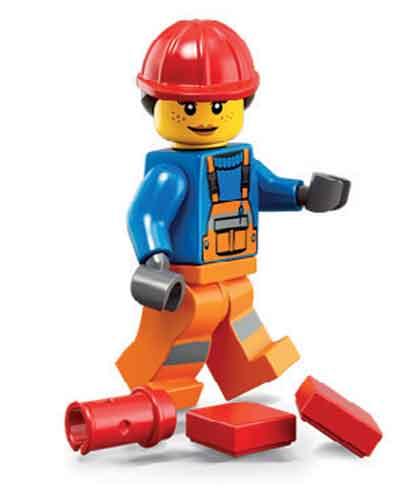
- Your favourite childhood toy? My big white teddy bear, about 4 feet tall. I still remember exactly where and how I got it.
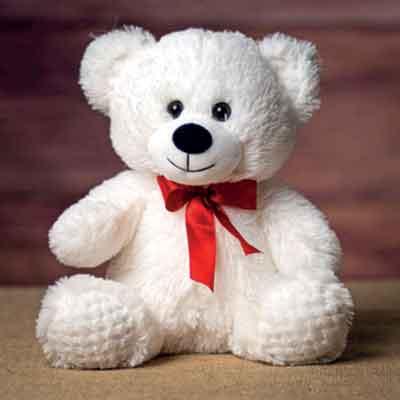
- The one word that describes you best? Curious.
- Morning person or night owl? It shifts with my mood. Some days, honestly, I’m team “none of the above!”
- One brand you dream of collaborating with? LEGO, hands down, no matter the project.
- A woman entrepreneur you look up to? I don’t have just one; I love learning from different people and different personalities.
- Work-from-home or office vibes? Definitely a blend of both; home for deep thinking, office for energy and teamwork.
- If Tinker Tale had a theme song, what would it be? Never Ending Story by Limahl, because Tinker Tale is about building a world of imagination, emotional connection, and storytelling that passes from generation to generation.
- Your ultimate goal in one sentence? To build a brand that brings joy to kids globally and creates real opportunities for women.
- Three things always on your work desk? My daily planner, a toy (always!), and my pencil case.










